How do Arabic question words (also known as Interrogative Particles) work in Modern Standard Arabic? Who? What? When? Where? Why? How? How many? Which?
Here’s a short video that will walk you through the way that each of these words is used. These words are powerful because they allow your Arabic to become more interactive, as you recognize and form questions.
Interrogative Particles (Arabic question words) is the second in a series of short videos explaining key grammatical concepts in Modern Standard Arabic. The textbook I am using is Azza Hassanein’s Modern Standard Arabic Grammar: A Concise Guide. I find this book incredibly useful for me as an Arabic learner, which is why I am using it as the basis for this series.
If you are interested in Modern Standard Arabic, you might also find my MSA Absolute Beginner’s Course helpful. Feel free to take a look at some of the preview videos on it.

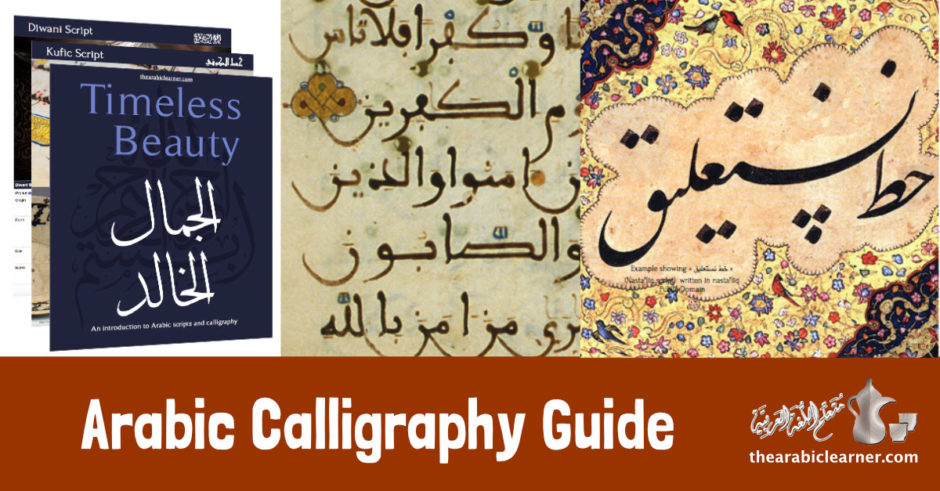
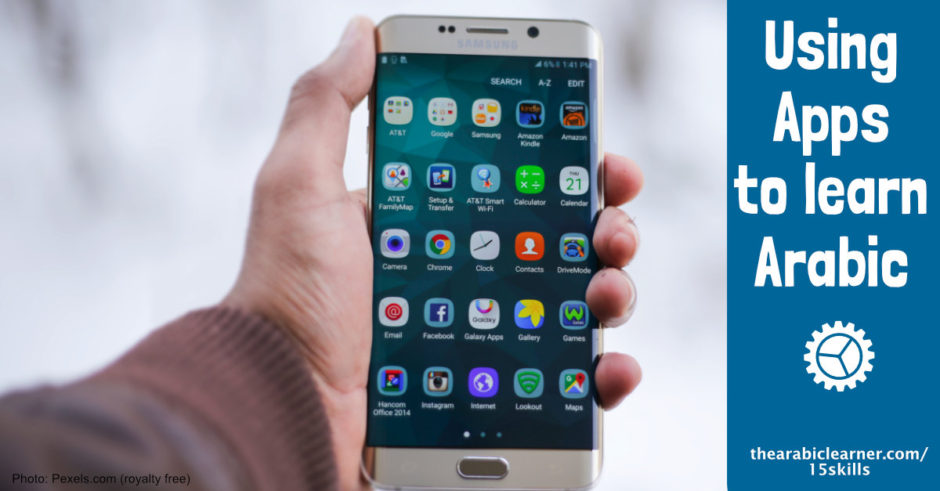
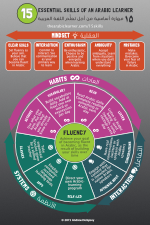
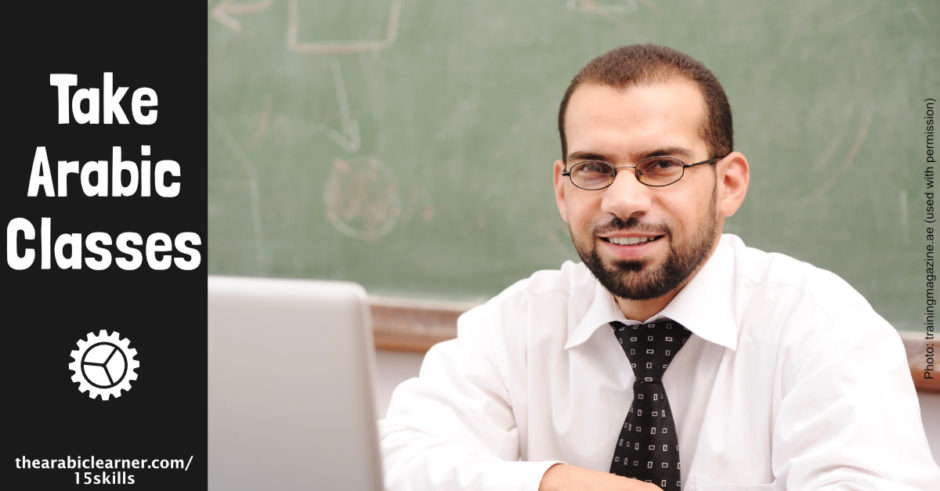


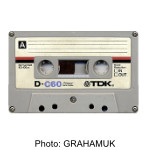 Back in my student apartment, I was using more conventional cassette tapes to record Arabic news broadcasts from the radio.
Back in my student apartment, I was using more conventional cassette tapes to record Arabic news broadcasts from the radio.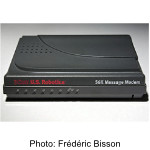 Around 2000 and 2001, I remember the excitement of realizing that I could download an increasing number of useful audio clips and movies from the internet. This was at times an excruciating exercise because we would go online with a 56K modem connection (in 2001 I did manage to upgrade to a dreamy 128K).
Around 2000 and 2001, I remember the excitement of realizing that I could download an increasing number of useful audio clips and movies from the internet. This was at times an excruciating exercise because we would go online with a 56K modem connection (in 2001 I did manage to upgrade to a dreamy 128K).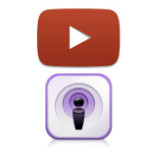 Fast forward to 2007 or 2008, and I was able to happily listen to Arabic and view it on YouTube, and other media sites. In the past few years, I have started listening to podcasts that automatically download onto my phone and iPad.
Fast forward to 2007 or 2008, and I was able to happily listen to Arabic and view it on YouTube, and other media sites. In the past few years, I have started listening to podcasts that automatically download onto my phone and iPad.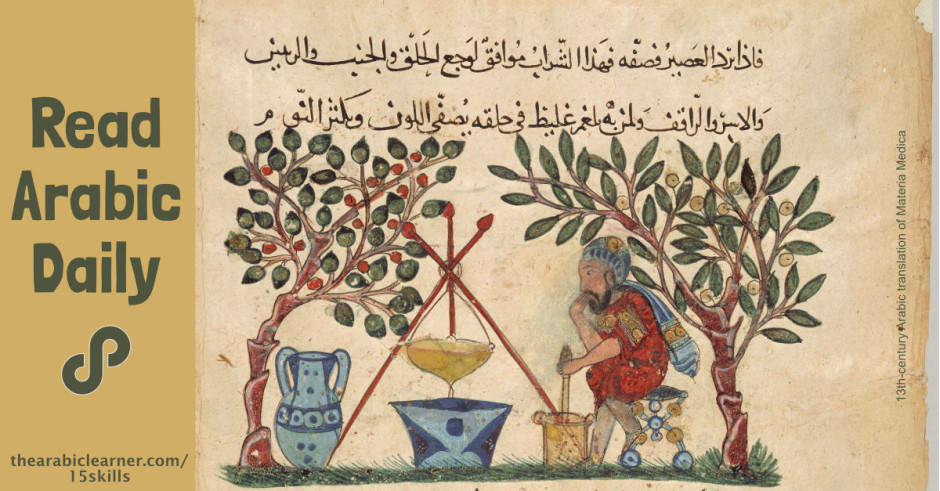

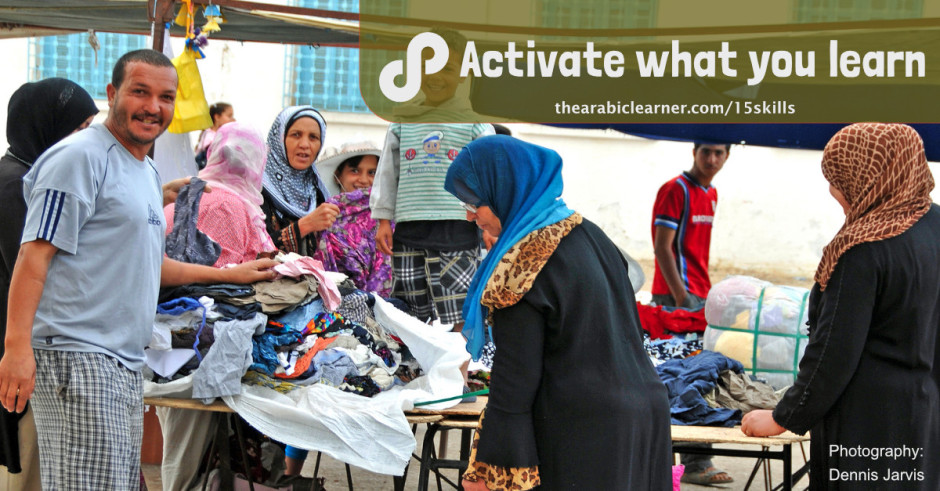
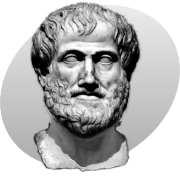 Aristotle said, about habits, “
Aristotle said, about habits, “
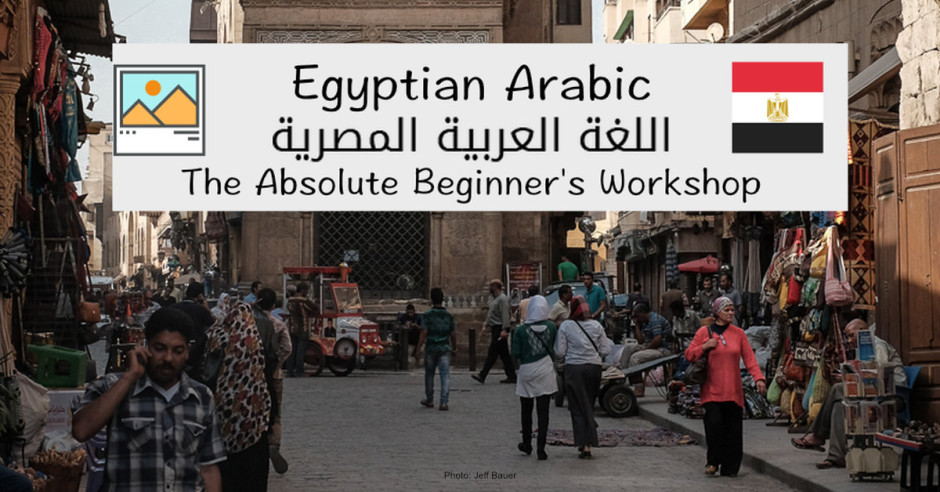

 RSS - Posts
RSS - Posts